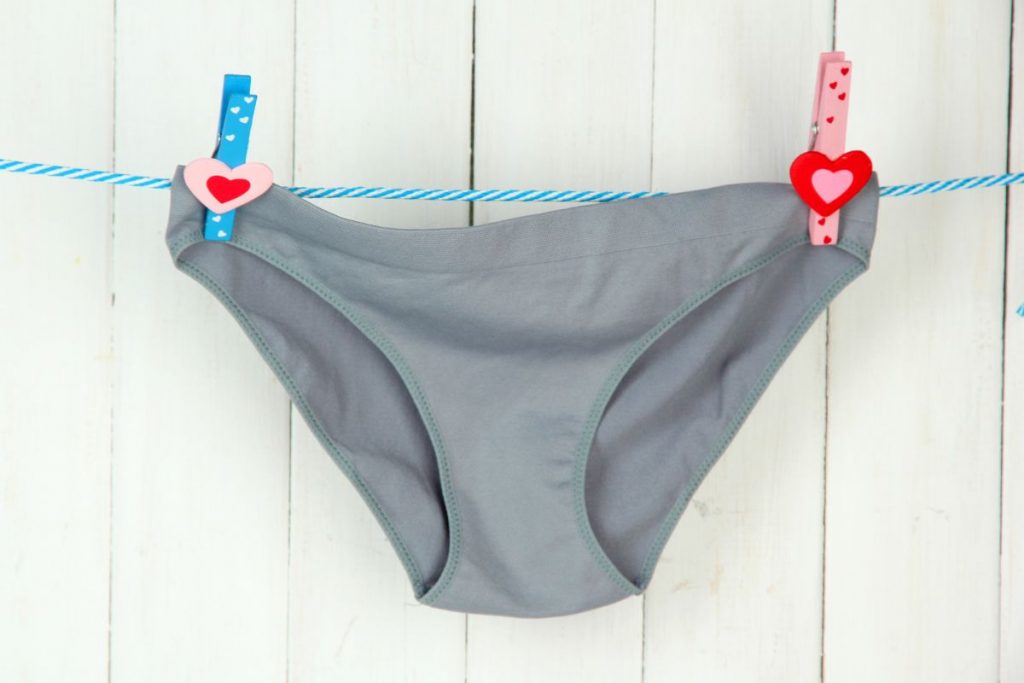
What about Period Panties and Fertility?
If you heard about Thinx recently settling a class-action lawsuit about the marketing of their period underwear as “non-toxic,” you might be wondering how menstrual products might impact your fertility and if there are alternatives.
The New York Times article about this topic discusses “forever chemicals” (more formally known as per- and polyfluoroalkyl chemicals, or PFAS) and how they are in a lot of foods and consumer products. Over time, with more exposure to these chemicals, they build up in our body, since they don’t degrade over time and our bodies don’t have a good mechanism to get rid of them. They have been used for almost 100 years in food packaging, cosmetics, cookware, and stain-resistant fabrics, like period underwear.
The problem with chemicals like PFAS, which includes PFOA and PFOS, is that they are associated with a variety of poor health outcomes, like cardiovascular disease, lowered immunity, increased cholesterol, metabolic syndrome, endocrine disruption, and lowered fertility. Unfortunately, manufacturers are not required to disclose what materials and chemicals are used in their menstrual products.
The vagina and vulva contain mucus membranes that are highly absorbent, more so than other skin. The vagina is also surrounded by blood vessels, allowing for easy transport of any chemicals that are absorbed. In fact, vaginal medication suppositories seem to result in a much larger absorption than oral medications. So, putting an endocrine-disrupting and carcinogenic chemical next to a highly-absorbent mucus membrane is probably a bad idea.
These chemicals can also be found in other menstrual products, like pads and tampons. It hasn’t been shown that PFAS in menstrual products will definitely cause health issues, nor has it been shown that it won’t. There are some brands that have lower levels or undetectable levels of PFAS in their menstrual products. We provide links at the end of this blog for more information, but generally, the organic cotton products are less likely to have PFAS.
Another option for containing period blood without chemicals is a silicone menstrual cup, which is a semi-soft cup that is inserted into the vagina to catch menstrual blood. There are over 150 menstrual cups out there with various sizes, shapes, and thicknesses. We highly recommend reading more about menstrual cups and taking this quiz if you’re interested in trying one out.
As always, we are here to support you and your health. If you have questions about period panties and fertility or any other concern about women’s health, please reach out to us. And be sure to check out the article below to help you make healthy choices.
Additional Resources:
More about Chemicals in Products:
A Question for Women’s Health: Chemicals in Feminine Hygiene Products and Personal Lubricants from NIH’s Natonal Library of Medicine https://www.ncbi.nlm.nih.gov/pmc/articles/PMC3948026/
Information on Sanitary Pads and panty liners:
Information about Tampons:
Information about Period Underwear:
Established patients can schedule online, patients who haven’t seen us at Kwan Yin Healing Center call (503) 701-8766, or email us to schedule your appointment.




